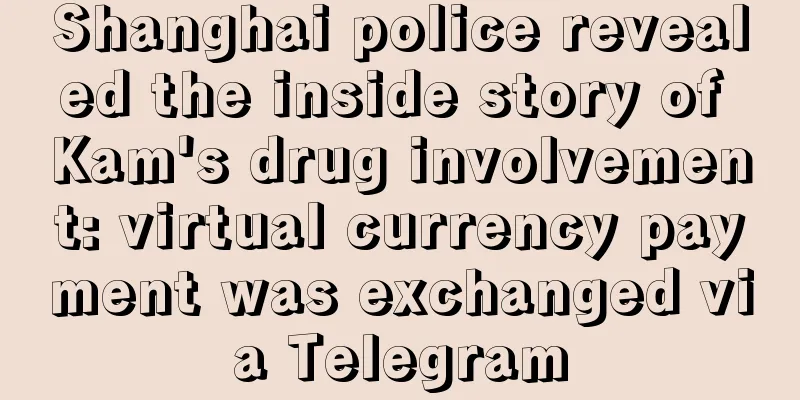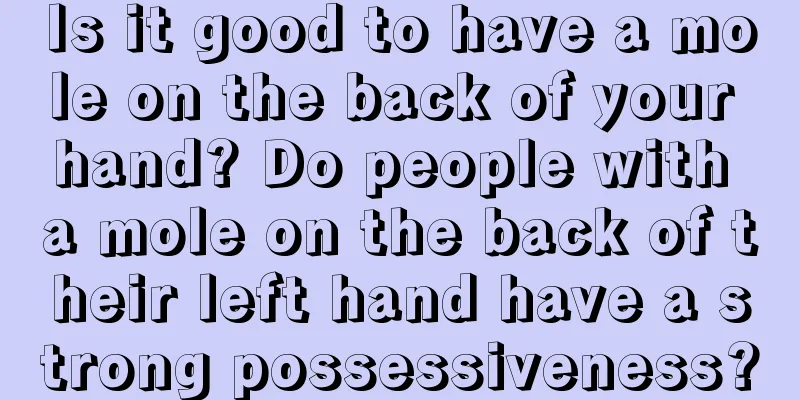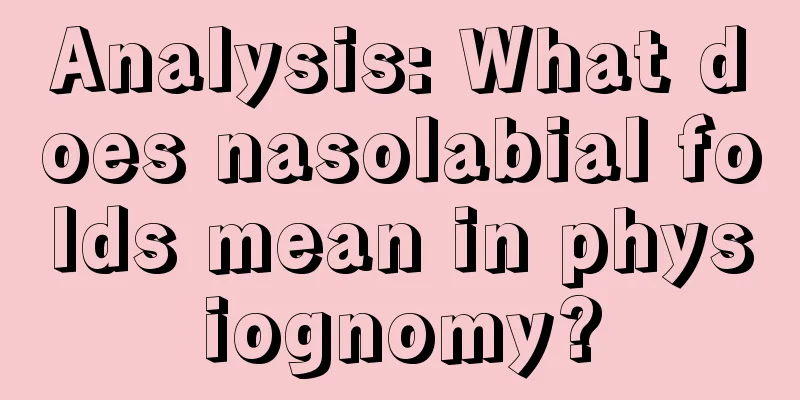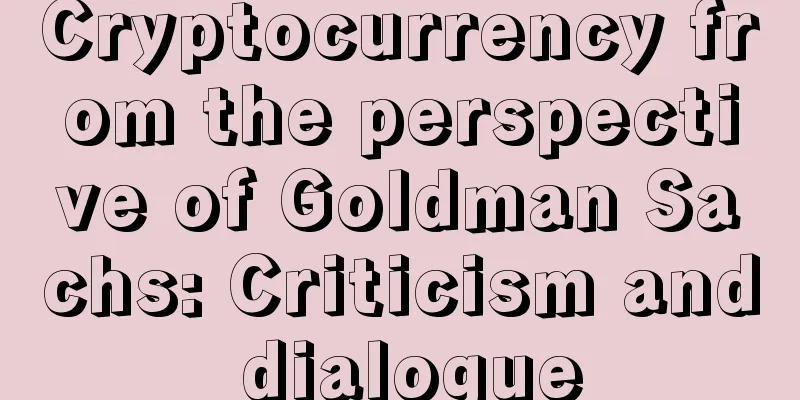What does blockchain bring to the music industry?
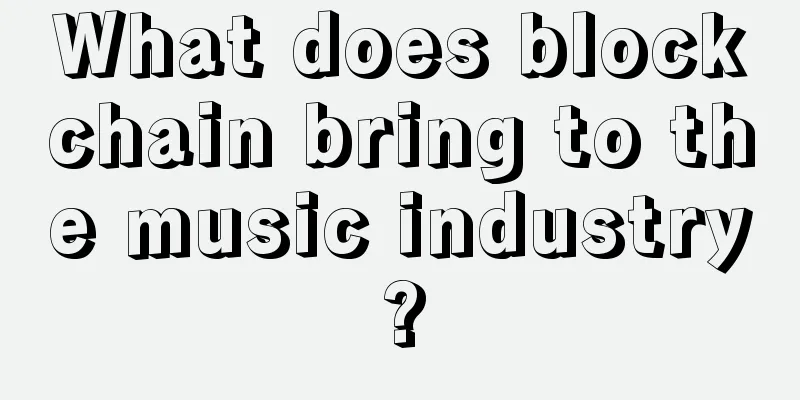
|
Peer-to-peer technology has been disrupting the music industry since the first peer-to-peer file-sharing platform was launched 15 years ago, but a peer-to-peer platform based on cryptocurrency could offer artists even more advantages. There has also been quite a stir around blockchain technology – the decentralized peer-to-peer ledger made possible by Bitcoin – which has the potential to benefit all industries. Theoretically, it can eliminate middlemen, inefficiencies, and unnecessary steps that hinder profitability and success. The entertainment industry is no different than the financial industry, though we hear more about fintech than entertainment. File Sharing and BlockchainThe music industry has been influenced by peer-to-peer technologies such as Napster and more recently BitTorrent, and blockchain technology is particularly well suited to this industry. A recent report identified at least four ways that musicians could benefit from blockchain technology. Blockchain can serve as an online database of music files; it can provide fast and seamless payments; it can bring transparency to the payment process; and it can provide artists with new sources of funding. So far, almost none of these goals have been achieved. Part of the reason is that blockchain is a brand new technology, and like any new technology, it has yet to be fully formalized and used at the enterprise level. Bitcoin is only eight years old and does only one thing well: transfer money. New platforms that can do more are needed to achieve this, but there hasn’t been much progress in this area yet. But that may be changing. Waves Blockchain PlatformAs a decentralized crowdfunding platform, Waves Blockchain is well-positioned to address the inefficiencies of the music industry. Waves is a customizable token blockchain platform: users can create their own tokens that can represent any content and transfer them between each other. Moreover, they can be traded directly with other tokens – which may not sound important, but is extremely important for mainstream adoption. Its goals have attracted nearly 6,000 investors and ultimately raised 30,000 Bitcoins. At the price at the time, it was also the sixth largest crowdfunding project in the world. How does it work? Let's say there is a successful local label that has not attracted mainstream attention and lacks the funds to record their album. We call them performers. Crowdfunding and DistributionThese performers use the Waves platform to raise the money they need to book a studio. They use social media to tell their investors. The experience is a bit like Kickstarter and other crowdfunding platforms. Fans can buy tokens with pounds or other currencies - dollars, euros and bitcoins - through gateways and credit cards or bank transfers. (And investors are not limited by national borders; blockchain platforms are inherently borderless.) They can also use it to buy the artists' upcoming albums. Because Waves is a decentralized platform, there are almost no other administrative fees and no fees to pay administrators, so fans' money can go further. Because one currency can be converted into other currencies in the background, they can use pounds, bitcoins or yuan. The artists use the funds raised – cashed out via the gateway – to record their album in a local studio. They can now send a download link to the album to anyone holding the tokens via the Waves network. Note that the token holders do not have to be the original purchasers; unlike traditional crowdfunding, the tokens are transferable and can be sold or gifted to other investors, allowing early purchasers to exit their investment. Furthermore, they can sell the tokens for any other currency – even shares in other crowdfunded projects. Equity and incomeAnd investors can be rewarded later. As new albums sell, the artist can distribute a portion of the proceeds to token holders, proportional to the number of tokens held - just like dividends for holding shares. This type of operation is directly implemented in the asset trading function of the Waves platform. If the artist's album does sell well, this will increase the value of the original crowdfunding tokens, which can also be traded and transferred on the Waves platform at a higher price - just like ordinary stocks are traded at several times the price-to-earnings ratio. If investors wish, the artist can also buy back these tokens based on supply and demand prices to allow them to hold a larger proportion of future profits. This is a radical departure from the traditional model – even the mainstream/indie route. But there is no doubt that this is coming. Blockchain technology is here and the music industry is in dire need of change. It’s just a matter of time. |
<<: Yours Network: A decentralized media platform based on Bitcoin is sustainable
>>: Does Ethereum Hard Fork Confirm Bitcoin Block Size Conservatism?
Recommend
The fate of women with Sichuan lines on their hands
Most people's palms are dominated by three ma...
Bitcoin Vietnam welcomes the first Vietnamese merchant to accept Bitcoin payments
Bitcoin Vietnam is the first Bitcoin trading plat...
Is it bad luck to have a pierced earlobe? Who is suitable for piercing the ear?
Nowadays, more and more people who love beauty ar...
Filecoin and Chia hard drive mining are booming, is the era of great speculation coming?
Original title: "Hard disk out of stock? Wel...
Love line diagram of women's palm reading for good marriage
Love line diagram of women's palm reading for...
In August, the ETC network computing power dropped to the lowest level this year
The computing power of the ETC network has been d...
Analysis of the facial features of a woman with a lot of money
A person’s fortune can be seen from his face. Wome...
Will a scar on the forehead affect wealth? How to improve wealth?
I believe everyone has the chance to experience b...
Lip shape shows whether you are lonely
Lip shape shows whether you are lonely Many peopl...
Where is the mole on a man's face that can help him make the most money?
Where is the mole on a man's face that will g...
What are the facial features of people with murderous intent? Which types of people should not be offended?
Nowadays people attach great importance to making...
What should I do if the crescent moon disappears?
The crescent is the white arc on our fingernails....
Polkadot founder Gavin Wood's prediction in 2014: What the world of Web3.0 should look like
Note: This article was originally published on Ga...
Detailed explanation of chess piece ears
Chess Piece Ears Wealth (Starting a Family Busine...
Blockchain won’t just change regulation, it will reshape the SEC
After Trump won the US presidential election, the...
